On 18 September 2015, Volkswagen was accused by the US Environmental Protection Agency of installing illegal software to cheat emissions tests and, as a result, its diesel cars were producing up to 40 times the legal level of NOx emissions. The company was ordered to recall around 482,000 VW and Audi cars which were sold in the US since 2008.
On 20 September, following the allegations, Martin Winterkorn, CEO of Volkswagen at the time, apologised for losing trust over the issue. On 22 September, VW said the software may have been installed in around 11,000,000 diesel cars worldwide and on 23 September, Mr Winterkorn resigned.
Press reports at the time stated that VW could face a potential fine of $18,000,000,000, as well as any legal actions from customers and shareholders, apart from potential criminal charges. In fact Germany, France, Italy and South Korea opened their own investigations into VW cars sold in the respective countries. In the two days of trading after the scandal erupted, the company lost a third of its stock market value.
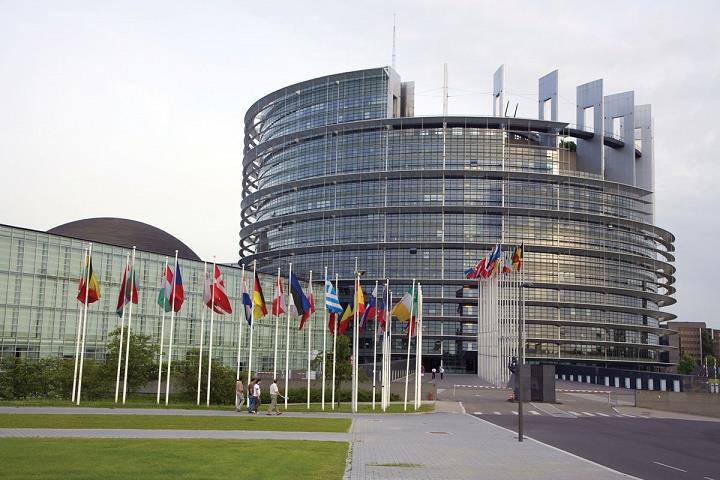
The European Parliament, in reaction to the scandal, immediately put pressure on the European Commission and member states to investigate the process of car emission testing. An inquiry committee was also set up to investigate the alleged failures by the EU member states and the European Commission to enforce EU standards on car emission tests.
MEPs responded positively, welcoming investigations into vehicle test manipulation in several EU countries and worldwide in addition to supporting the Commission’s call to national surveillance authorities to conduct extensive checks on a wide range of vehicle makes and models. They insisted that the investigations should involve the Commission, which was asked to report back to Parliament by 31 March 2016.
It was also stressed that employees should not ultimately be the ones who pay the price for emission measurement manipulation and that all costs arising from the infringement of rules should be covered from company profits and dividends before any redundancies are considered.
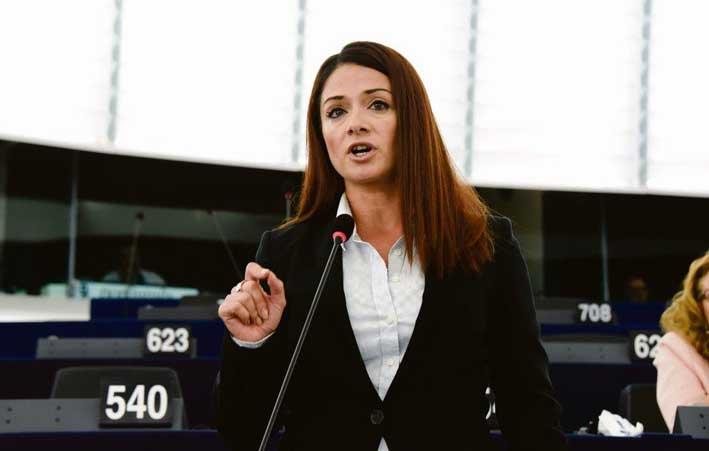
The Malta Independent on Sunday spoke to Maltese MEP Miriam Dalli, the only Maltese MEP on this committee, about the committee itself, the work that is being done and the effects on Maltese consumers.
Dr Dalli first gave us an overview of what the Environmental Committee within the European Parliament is currently discussing regarding the issue and about the developments which have recently emerged.
“The Volkswagen case where the installation of defeat devices was brought to the fore was clear evidence that EU legislation was not being implemented in member states. This led to an intense debate in the European Parliament, and especially in the Environment Committee, on how to deal with the situation.
The EU regulation of the car industry has been under scrutiny since Volkswagen admitted back in September that it rigged US tests for nitrogen oxide (NOx) emissions in diesel vehicles and that up to 11 million vehicles worldwide – around eight million of them in Europe – were fitted with software capable of cheating tests.
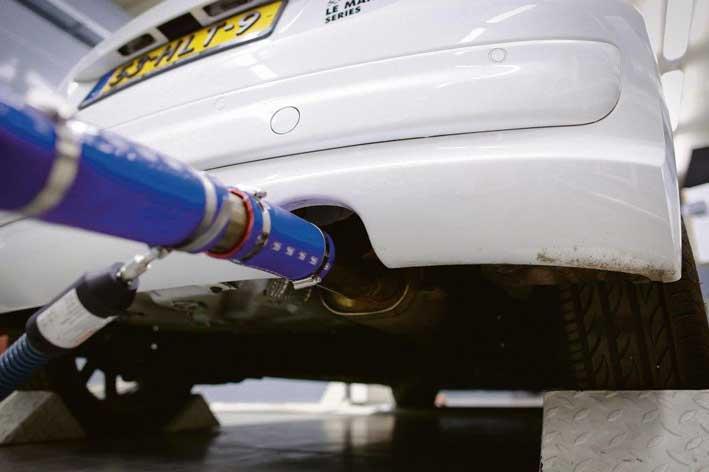
This case is about:
A. Private companies organising the largest industrial fraud ever;
B. Public authorities in member states and at EU level not intervening despite having information indicating what was happening.
Dr Dalli explains, “As Socialist and Democrats we were among the political groups requesting the setting up of a Committee of Inquiry to investigate contraventions and maladministration in the application of EU law in relation to emission measurements in the automotive sector. We believe that an inquiry committee is the only instrument at the disposal of the European Parliament to be able to scrutinise properly both the responsibility of the Commission and of the member states’ authorities, who are responsible for enforcing EU law.”
Dr Dalli gave some more background information on the issues in question.
“Defeat devices are explicitly prohibited in the relevant EU legislation (Regulation No715/2007) and the exceedance of emissions is a clear infringement of the EU NOx emission limit values (which was set at 80mg/km NOx as of 2014 – this was changed after a vote in the European Parliament recently), adopted under co-decision procedure (a decision taken by the European Council and the European Parliament).
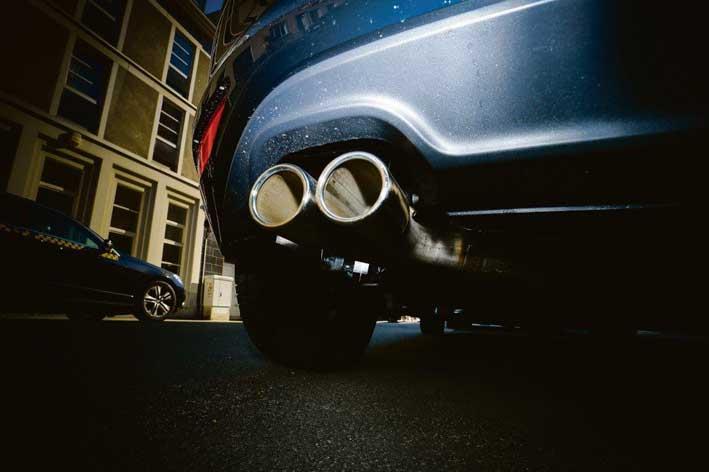
“Over the last years the European Commission’s Joint Research Centre and independent studies have showed that there are large discrepancies in NOx emissions of diesel vehicle that substantially exceed the emission limits. This evidence did not prompt the European Commission to ensure that EU law is correctly applied and enforced.
“So far there is no commitment at EU level (European Commission and European Council) to properly investigate and bring transparency on this matter.
“The European Parliament voted in favour of a resolution in October calling for a thorough investigation into the role and responsibility of the EU Commission and member states and urging them to disclose what they knew and what actions had been taken.
“The European Parliament decided to set up a 45-member inquiry committee to investigate breaches of EU rules on car emission tests and alleged failures by EU member states and the European Commission to enforce EU standards. It is called the Committee of Inquiry into Emission Measurements in the Automotive Sector (EMIS). In the January plenary session, MEPs approved the creation of the inquiry committee by 354 votes to 229, with 35 abstentions.”
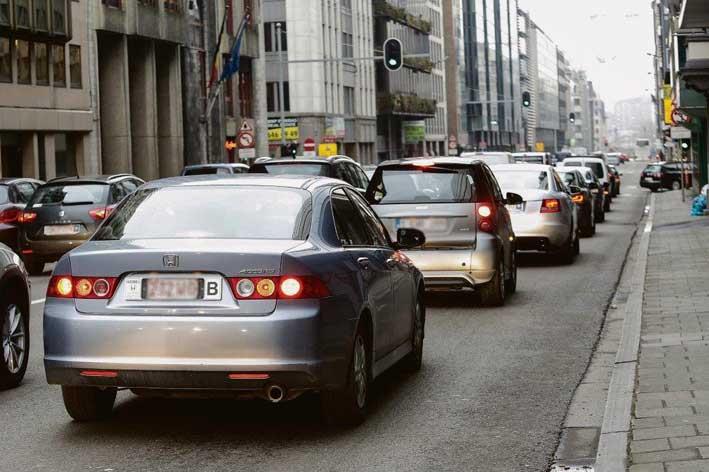
According to a press release by the European Parliament, the impacts on health and the environment are not to be taken lightly. Nitrogen oxides are gases emitted during fuel combustion, in particular from diesel engines. In 2014, diesel vehicles accounted for about half of new cars sold in the EU. NOx have adverse effects on health (especially the liver, lungs, spleen and blood) and on the environment (in particular acidification and eutrophication). NOx also contribute to the formation of two major air pollutants, ozone and particulate matter.
Emissions of air pollutants (including NOx) in the EU have decreased significantly in recent decades. However, NOx concentrations in Europe regularly exceed EU air quality standards, and the 2010 national emission ceilings targets for NOx have not been met in six member states. According to the European Commission, particulate matter and ozone concentrations are responsible for over 400,000 premature deaths annually in the EU, and the total health-related costs of air pollution in the EU are in the range of €330–940 billion per year.
Dr Dalli then spoke about what the Committee of Inquiry is expected to tackle. “The committee will hold its first meeting in February to appoint its chairman and co-chairs, and will present an interim report within six months, and a final report within 12 months, from when it starts its work.
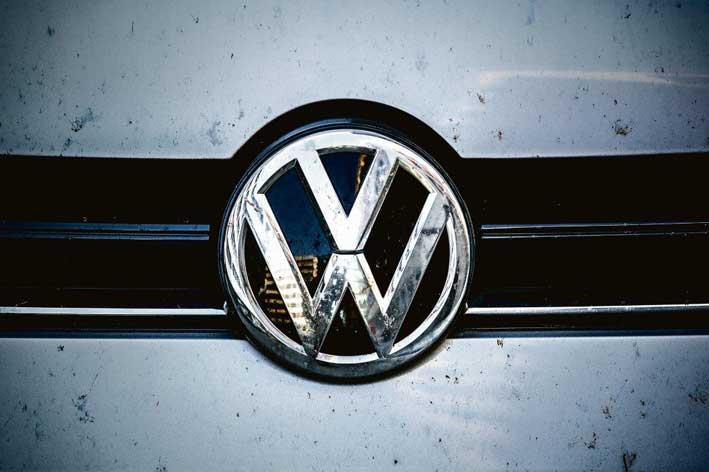
“The committee will investigate:
· The alleged failure of the Commission to keep test cycles under review;
· The alleged failure of the Commission and member states’ authorities to take proper and effective action to oversee enforcement and to enforce the explicit ban on ‘defeat devices’;
· The alleged failure of the Commission to introduce tests reflecting the real-world driving conditions;
· The alleged failure of member states to lay down provisions on effective, proportionate and dissuasive penalties applicable to manufacturers for infringements; and
· Whether the Commission and member states had evidence of the use of ‘defeat mechanisms’ before the scandal emerged on 18 September 2015.
“The work of the Inquiry Committee will be crucial in order to understand what failed. We need to find out why EU law has not been upheld without any consequences. In particular, the inquiry shall investigate why ‘defeat devices’ were permitted to be installed in millions of cars, why the European Commission failed to enforce EU emissions legislation and why the Commission failed to introduce tests reflecting real-world driving conditions in a timely manner.”

The European Parliament spoke of the current controls on emissions of air pollutants, and MEP Dalli also gave more information about current legislation in place. According to EP press releases, controls on air pollutant emissions from vehicles in the EU are set in the 2007 Framework Directive on type approval, which mandates testing and approval of vehicle types by a national technical service.
The norm for NOx emissions applicable for new vehicles, which is part of the Euro 6 standards in force as of September 2014, has been set at 0.08 g/km. In the US, air pollutant emissions tests are carried out in three steps: self-certification by manufacturers, production checks by the EPA, and ‘in-use surveillance testing’' by the EPA on privately used vehicles. Moreover, the US norm for NOx emissions is only 0.031 g/km.
Dr Dalli added that “in current EU legislation European emission standards define acceptable limits for toxic exhaust emissions of all new motor vehicles sold in the EU. At present, they cover nitrogen oxides (NOx), hydrocarbons (HC), carbon monoxide (CO) and particulate matter (PM). Standards have been defined in a series of EU directives starting in 1993, setting specific limits at different levels for different motor vehicle types; for light duty vehicles the most recent ones are Euro 5 and Euro 6; for heavy duty vehicles it's the Euro VI standard.
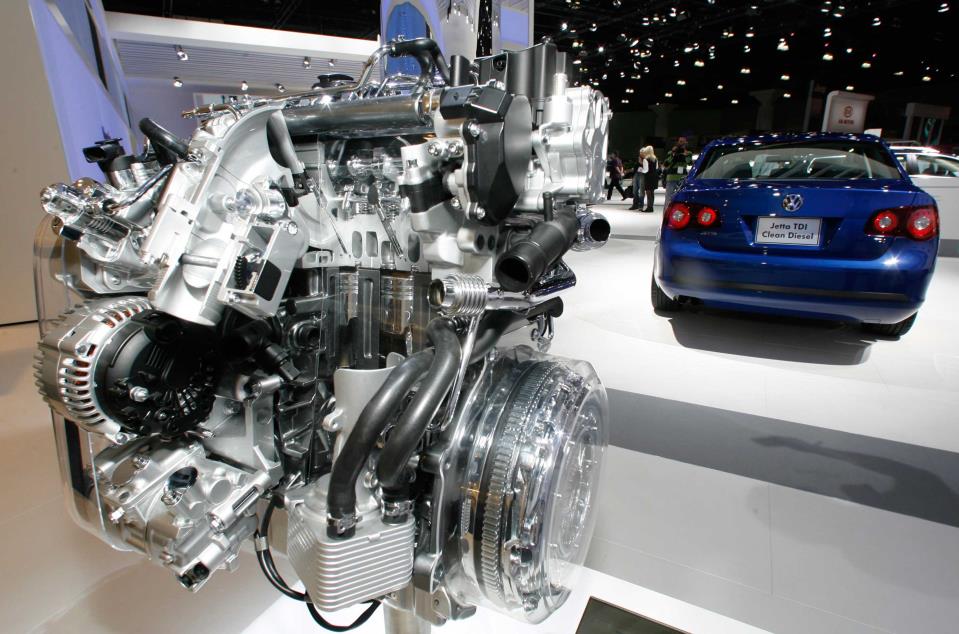
“Currently, there is an ongoing review with a number of complementary provisions to the Euro 5/6 and Euro VI emission standards. The review is proving tough due to different positions held by the European Commission, European Parliament and European Council on delegated acts (which means that Commission will be delegated to adopt a regulation, Parliament can object) and implementing acts (which means that rules are adopted by the European Council alone) that mainly aim to technically update legislation.
“This process of revision is taking place through the report I am currently working on, on behalf of the S&D, to update the Euro 5/Euro 6 legislation. At the moment we are still discussing these legal issues because we want to ensure that the European Parliament is duly and closely involved in setting out these rules.”
There were also comments, provided by the European Parliament, by large stakeholders who were directly affected by the scandal.
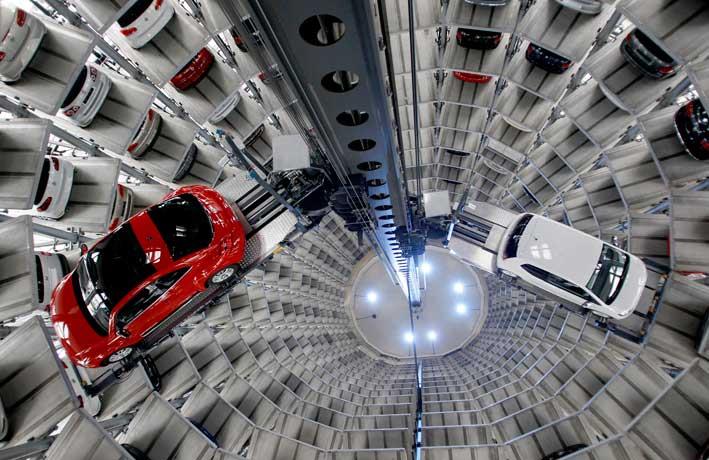
Transport & Environment, an environmental NGO, highlights that car manufacturers have been using flexibility in laboratory type-approval tests in order to achieve lower emissions which are not reflected on the road. It suspects that defeat devices may have been used in the EU as well. It advocates strict 'real driving emissions' tests, a system of random conformity of production checks and in-service testing overseen by an independent EU type-approval authority, and a proposal for Euro 7 standards harmonising limits for diesel, petrol and natural gas vehicles.
BEUC, the European Consumer Organisation, calls for a full investigation into EU vehicle emissions and fuel consumption testing. It advocates a robust on-road vehicle test procedure, similar to that in force in the US, and a surveillance system of this on-road testing in order to restore consumer trust in emissions and fuel consumption tests. On behalf of its consumers, Italian consumer protection organisation Altroconsumo launched a class action lawsuit against Volkswagen and Fiat in February 2015 for unfair trade practices over the gap between on-road performance and the fuel consumption advertised by the car manufacturers.
ACEA, the European Automobile Manufacturers' Association, recognises the gravity of the situation and underlines that there is no evidence that this is an industry-wide issue. It is fully supportive of the new 'real driving emissions' test aimed at more robust checking of emissions of pollutants.
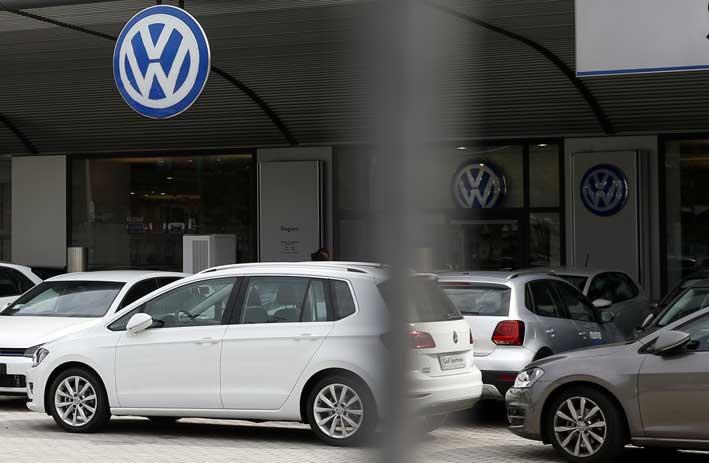
In conclusion, The Malta Independent on Sunday asked Dr Dalli what the entire case and procedural changes actually mean for the consumers, both on an international scale, as well as the local one.
“The abuse with which the Inquiry Committee will be dealing are the result of increasing health problems among our populations, mainly but not only respiratory problems. This review process and updated policy effort will ultimately help us start reversing this hazardous process and limit the dangerous emissions which have been left to proliferate for far too long and far beyond the established emission limit.
“We also need to see that it is those who actually devised these defeat systems who will shoulder responsibility for what has happened. This debacle has affected workers whose jobs have become insecure and consumers who paid for cars believing they were paying for cars that emitted much less than they actually do. Employees and consumers should not be made to pay for the abuse or carelessness of irresponsible executives. I have said this from day one and I will continue exerting pressure so that any changes that are required will be made without consumers having to shoulder the expense.”